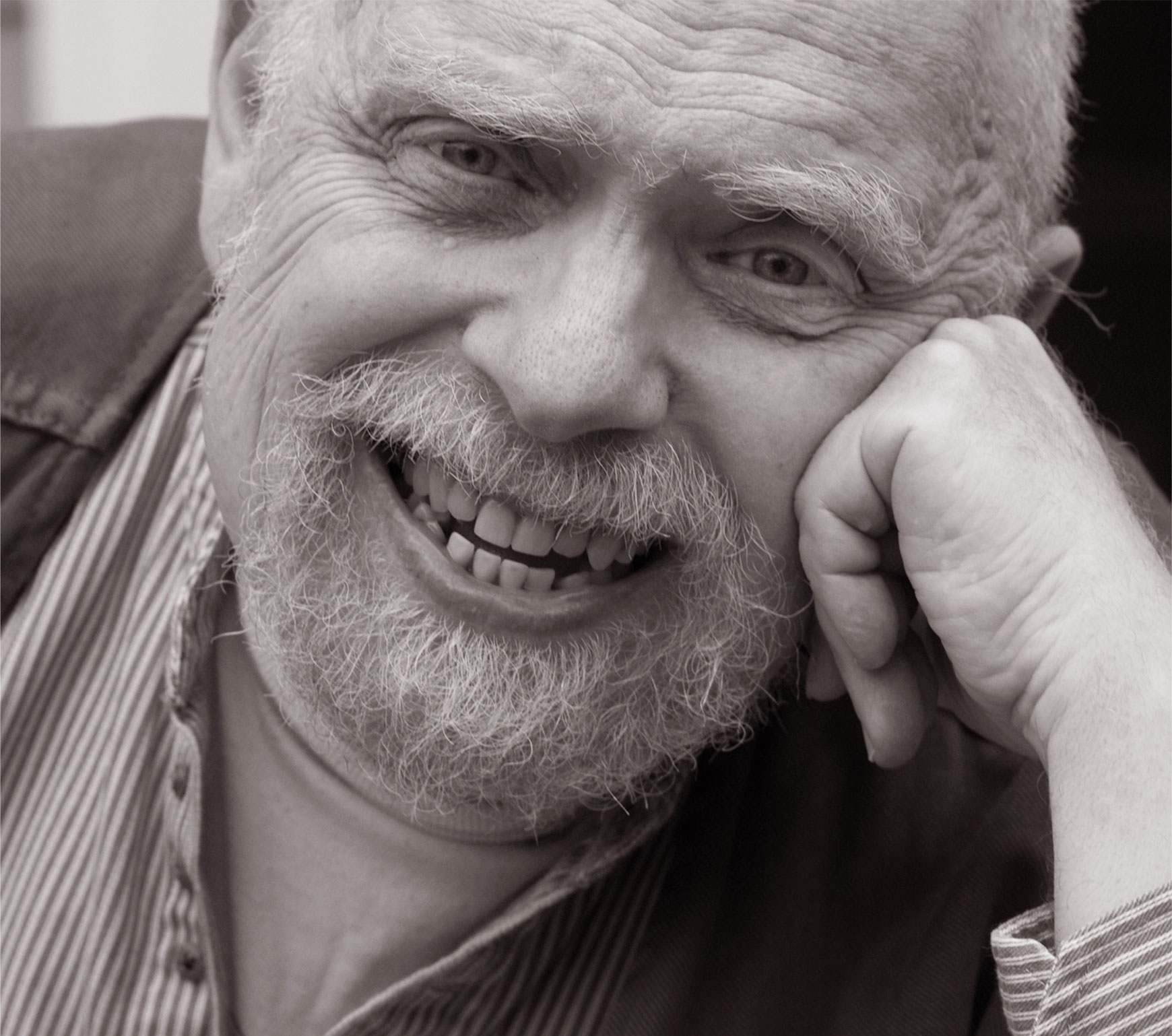


An Introduction to Don Schatz and His Poetry
by Stu Katz
FOREWORD
I met Don Schatz in 1955 or 1956, when we were beginning college students, living on opposite ends of the City of Chicago at the homes of our respective parents. What brought us together was a common love of jazz. Don, who played the trumpet, frequently hosted informal jam sessions in the basement of his parents’ South Side home and, since I was a fledgling jazz pianist, I eagerly participated in them as often as I could. A resulting deep friendship developed between Don and me and, thanks to extraordinarily good fortune, I met and fell in love with his bright and beautiful younger sister, Penny, whom I wooed and wed in 1959 following a whirlwind three-week courtship. The point is that I have known Don intimately for more than 55 years and have experienced the privilege and the challenge of interacting with him on his artistic and spiritual evolutionary journey into what and who Don Schatz is today.
I was personally very happy when Don told me that he had finally decided to scan his extensive writings but even more delighted when I learned that he was going to create a website to facilitate access for anyone interested in reading it. When Don asked me to prepare an introduction for the new website, I initially thought of taking a simple, conventional approach and writing a fact-heavy life story. On reconsideration, I opted to approach it as a newspaper critic might approach writing a review about an artistic performance—for, in the final analysis, I think Don’s life and output are just that. I ultimately decided to do a little of both. What I am now going to tell you about Don Schatz won’t always adhere strictly to chronology.
MIDWORD
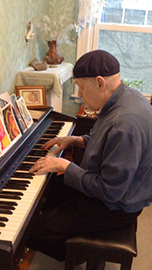
To be perfectly frank, Don’s trumpet playing never did it for me. However, a short time after we met, he abandoned the trumpet in favor of the piano, which he had taught himself to play—and that was an entirely different story. Don’s piano playing was fresh, unconventional and completely improvised. Although it had elements of rhythmic and melodic similarities to the jazz music I played, it was free of some of its architectural limitations. It was humorous, complicated and intense—and, importantly for me, interesting.
I could have convinced myself at the time that Don Schatz was clearly a musician—one who spontaneously created and performed free compositions, except that Don was concurrently spending a lot of his time painting and drawing. Like his music, Don’s visual art was informed by traces of reality but structurally free. Many of his paintings and drawings evoked strong emotional responses from viewers who looked at them carefully. Because of his bifurcated artistic energies, a more accurate assessment of Don’s essence at this particular point in time might have been that he was a multi-media creator of spontaneous free works of art.
I would be very remiss if I didn’t mention before moving on that when all of this was going on, I was constantly astonished by the breadth of Don’s vast knowledge about all forms of art and music as well as literature, history, philosophy and religion (by the way, he was also an encyclopedic source regarding trivia about Major League baseball players in the later 1940s). I attribute this to Don’s burning appetite for any knowledge essential to his life and work and, most importantly, the ability to distinguish the valuable from the valueless quickly.
A number of events carried Don toward his eventual destiny to choose words as his artistic and spiritual milieu. Three that seem paramount to me are Don’s exposure to the Holocaust and its effect on him, his meeting and eventual marriage to his extraordinary wife, Eunice, and his experiential quest for a personal connection to God.
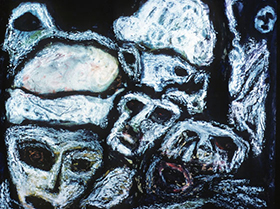
First there was the Holocaust. Long before I met Don, his uncle Norman Schatz had returned to Chicago from World War II where he had taken part in the liberation of a Nazi concentration camp. As Don was also aware, a number of his relatives on his mother’s side perished in the Warsaw Ghetto during World War II at the hands of the Nazis. Don was shown photos of heaped up corpses. As a Jew, he realized that he could easily have been one of those corpses. From that point on, his life was shadowed by the Holocaust.
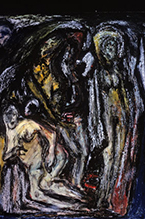
To quote Don, “I could no longer be a child. I felt the necessity of a world beyond and the ominous weight of my existence as a Jew.” As a young man, Don’s visual art became a way of working out his childhood memories. He covered canvases with faces reminiscent of concentration camp victims. While his music distracted him from these images, his paintings and drawings reconnected him with them.
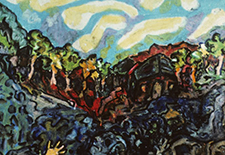
Don, who was raised as a Reformed Jew, was also feeling restless about his spiritual connection to God. In 1961, after Don returned from an extended trip to Europe, the Rev. Gilbert Graham, a Catholic priest and family friend, encouraged him to visit the Abbey of Gethsemani, a Trappist monastery in Kentucky. Thomas Merton, a renowned Trappist monk in residence at Gethsemani and a powerful proponent of interfaith understanding, came to Don’s cell and they talked. I believe that those talks and Don’s other experiences at Gethsemani were early building blocks for his future decisions regarding his faith.
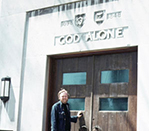
Living at his parents’ home, Don worked part-time at the nearby University of Chicago where he met his future wife, Eunice Russell, a graduate student at the University. Eunice was a Christian, and her faith and community of friends attracted him. They were married on April 13, 1969. One day earlier, he had been baptized.
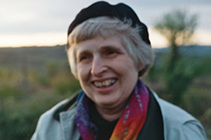
Let me digress at this point and say a few words about Eunice. Eunice is an extraordinarily wise and humorous woman of deep religious conviction who serves as an inspiration to Don Emblematically Don considers Eunice the key that unlocked the door to allow him to look at his Jewish roots and begin his Holocaust writings as well as enter his new-found Christian faith.
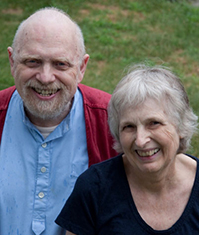
Back to Don’s artist’s transition to the world of words, which started during his 1961 trip to Europe where he had a mystical experience difficult for him to articulate—a moment he looks back on as changing his sense of reality and himself. As Don describes it, it was combination of “dark and light.” Shortly afterward, Don thought about the words “tree” and “plastic,” it being obvious to him that a “plastic tree” could clearly be constructed. But then he thought of a third word that was an epiphany for him: “invisible.” While an ”invisible plastic tree” could not be visually constructed, he knew it could be conceptualized in words.
More than was the case with his music and visual artistry, Don saw no limits whatsoever to writing poetry. As Don put it, “I have my own voice. I have a distance from words, because silence is my first language.”
In describing his prodigious poetic output, Don would likely say that his first poems were real and had a center in themselves. He titled them “Isaiah Israel” and they came in large part out of his Jewish identity. As God’s calling became clearer because Christ gave him a larger framework for his writing, he embarked on his second work entitled “America Post America.”
To quote Don further, “I wake up each morning, look at what I wrote, and if the reader can read a distance, there can be a meeting. The Old World is still in ruins and the New One is becoming my desire.”
The mass of Don’s handwritten poetic output has now been scanned and this website has been created to house it. His poetry continues making gaps in the image of an America. They name and give text to his images.
ENDWORD
Today, 55 years after we first met, if someone were to ask me who Don Schatz “is,” I don’t think I would describe him only as a “poet.” I would instead say that Don Schatz is a composer whose notes are words that he transcribes by hand, creating for his readers a visual, auditory and literary pathway to God.
I wholeheartedly encourage you to sample his writings. And you don’t have to start at the beginning. It’s not that kind of banquet. Appreciation of Don’s work is clearly an acquired taste but I, for one, feel uncommonly privileged to have acquired it.
Stu Katz
October 21, 2010
Read Don's poetry, Grace
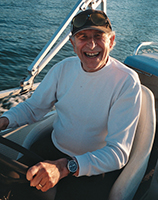 Stu Katz
Stu Katz
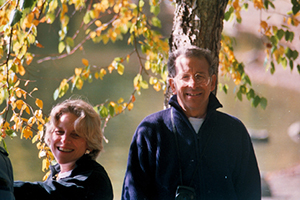 Penny and Stu Katz
Penny and Stu Katz
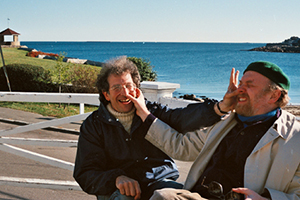 Stu Katz and Don Schatz
Stu Katz and Don Schatz

